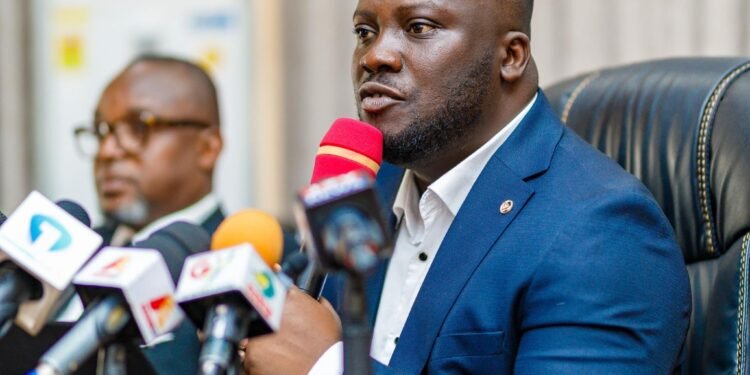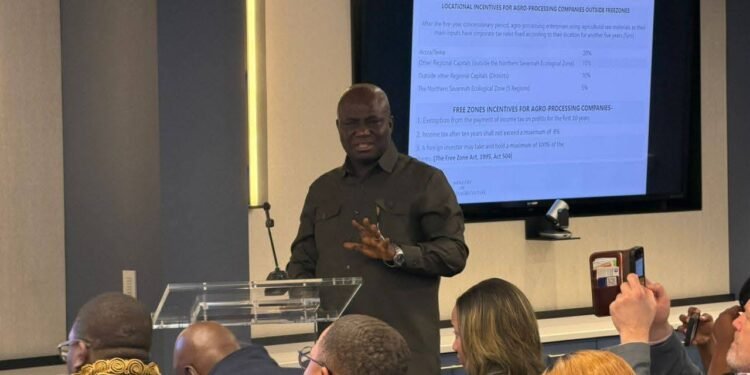Sudan’s gold industry is experiencing a significant boom, providing a crucial financial cushion for the war-torn nation even as conflict rips through its social and economic fabric.
According to new figures from the state-owned Sudanese Mineral Resources Company (SMRC), the country’s legal gold production surged to 64 tonnes in 2024, a 53% increase from 41.8 tonnes recorded in 2022. This dramatic rise translated into $1.57 billion in export revenue for the embattled state.
SMRC Director Mohamed Tahir Omer made the announcement during a meeting held in Cairo. The revelation is significant, given the catastrophic effects of the ongoing 27-month war between the Sudanese army and the paramilitary Rapid Support Forces (RSF), which has hollowed out the national economy.
Gold has emerged as a central pillar of survival for the Sudanese government, offering perhaps the only viable source of foreign currency in an environment of economic collapse. The SMRC projects that the first half of 2025 alone will yield an additional 37 tonnes of gold, which is expected to generate 403 billion Sudanese pounds in state revenue.
“The mining sector has the ability to lead the country towards recovery and economic renaissance,” said Omer. He added that despite the war, sector productivity has risen, with workforce participation jumping from 5% to 40% of capacity.
However, the positive outlook is undercut by persistent and large-scale smuggling that deprives the state of massive revenues. SMRC Director Mohamed Tahir highlighted the scale of the problem, stating that “nearly half of the state’s production is smuggled across borders.”
According to industry insiders, several major gold-producing mines, especially those located near Sudan’s porous borders with South Sudan and the Central African Republic, remain under the control of the RSF. This effectively means that a portion of the country’s mineral wealth is being diverted to fund one of the very factions contributing to its destabilization.
International estimates indicate that Sudan’s total gold production could be as high as 80 tonnes annually, with a potential market value exceeding $6 billion. However, much of this gold, experts believe, escapes official channels. A report by Chatham House, a UK-based think tank, and Swissaid, a Swiss advocacy group, underscores that the bulk of Sudan’s gold is traded illicitly, with revenues often being funneled back to both government and rebel forces.
Smuggling Still Undermines State Revenues
The discrepancy between estimated production and recorded legal revenues starkly reveals the government’s inability to capture the full value of its mineral wealth. The lack of control over mining operations in conflict areas has turned gold from a potential engine of recovery into both a lifeline and a liability.
Sudan’s broader economic condition remains dire. Since the beginning of the war in April 2023, more than 12 million people have been displaced. The United Nations warns that the country teeters on the edge of famine, with humanitarian needs soaring amid ongoing violence.
The Sudan case reflects a wider African trend where mineral abundance often correlates with prolonged conflict. In regions such as the eastern Democratic Republic of Congo (DRC), the interplay between mineral wealth and warfare has become entrenched. Armed groups in the DRC routinely exploit gold, coltan, and cobalt mines, either by taxing artisanal miners or seizing control of extraction sites outright. This pattern has fueled cycles of violence, with studies suggesting that as much as 25% of conflict during mineral booms can be traced back to mining-linked tensions.

Global demand for minerals, especially those critical to electronics and green technologies, has only intensified the competition for control. Certification schemes and international efforts to stem the flow of “conflict minerals” have made modest progress, but vast quantities still bypass regulation and continue to finance armed movements.
Observers caution that unless local communities see tangible benefits from these resources, Africa’s mineral wealth may remain more of a curse than a blessing. “The challenge is ensuring that mineral prosperity uplifts rather than undermines peace and development,” one analyst noted.
For Sudan, the question is whether its booming gold sector can help pull the nation from the brink or deepen the fissures that threaten its very survival.
READ ALSO: Mahama, London Mayor Deepen Ghana-UK City Partnership























